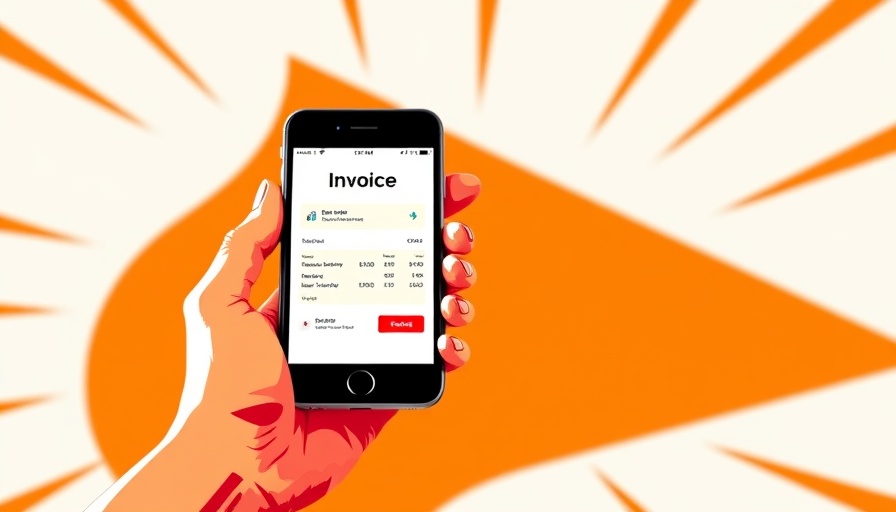
Unlocking Client Relationships: Why a CRM Matters for Accountants
Managing client relationships in the accounting sector is about more than organizing contact lists; it involves maintaining ongoing communication, tracking deadlines, and securely handling financial data. For small and medium-sized businesses, a specialized CRM can transform the way accountants operate—automating tedious tasks and ensuring vital client communications are never overlooked. This article highlights the best accounting software CRMs for 2025, each featuring tools designed precisely for the unique challenges of the accounting world.
Top Accounting Software CRMs for Small Businesses
As firms look to streamline workflows, these five accounting software CRMs have emerged as industry leaders in 2025:
- HubSpot CRM: Ideal for its robust integration capabilities and user-friendly interface, HubSpot simplifies processes such as client management and invoicing. Users can automate follow-ups and link it directly to accounting platforms like QuickBooks.
- FreshBooks: FreshBooks is a user-friendly option that combines accounting features with invoicing and project management tools, catering to service-based businesses.
- Zoho Books: Offers a comprehensive suite of tools tailored for small businesses, including multiple integrations and a strong reporting system.
- Xero: Known for its intuitive interface, Xero is perfect for cloud-based accounting and is designed to sync effortlessly with various CRMs.
- QuickBooks Online: While primarily an accounting software, its CRM features help manage client relationships effectively, especially for those who rely heavily on financial management.
Benefits of Using an Accounting CRM
Choosing an effective accounting CRM provides a multitude of benefits:
- Increased Efficiency: By automating repetitive tasks like invoicing and follow-ups, firms can devote more time to client engagement and strategic planning.
- Better Client Management: CRMs ensure all client interactions are logged, making it easier to track communications and deadlines.
- Data Security: With essential financial information handled through secure cloud platforms, clients can rest assured their data is protected.
Key Features to Consider
When assessing a CRM, focus on these essential features:
- Invoice Tracking: The ability to create and monitor invoices efficiently.
- Document Storage: Secure storage solutions for important client documents.
- Workflow Automation: Automated tasks that help streamline operations and reduce manual labor.
How to Choose the Right Accounting CRM
Here are steps to follow when choosing an accounting CRM that meets your firm’s needs:
- Identify Your Needs: Assess the size of your practice and specific features that are mission-critical.
- Evaluate Cost: Consider what fits within your budget while still providing essential functionalities.
- Test Usability: Take advantage of free trials to evaluate the user experience before making a decision.
The Future of Accounting Software CRMs
As technology continues to evolve, we expect accounting CRMs to become increasingly interconnected with other software systems, enhancing their functionality and ease of use. Predictive analytics could also play a vital role, allowing accountants to foresee trends and make proactive decisions to benefit their business and clients.
Your Next Steps
Now that you’re armed with the knowledge of the best accounting CRMs for 2025, it’s time to evaluate your current setup. Assess how an accounting software CRM can enhance communication, streamline processes, and improve client relationships within your firm. Don’t hesitate—implementing the right CRM may just be the change your accounting practice needs to thrive.
 Add Row
Add Row  Add
Add 




Write A Comment